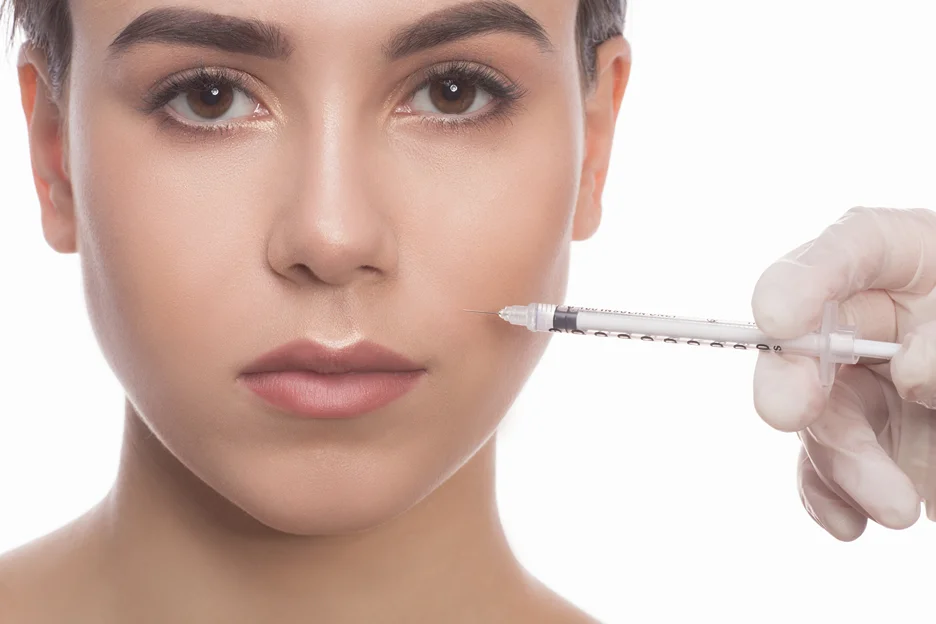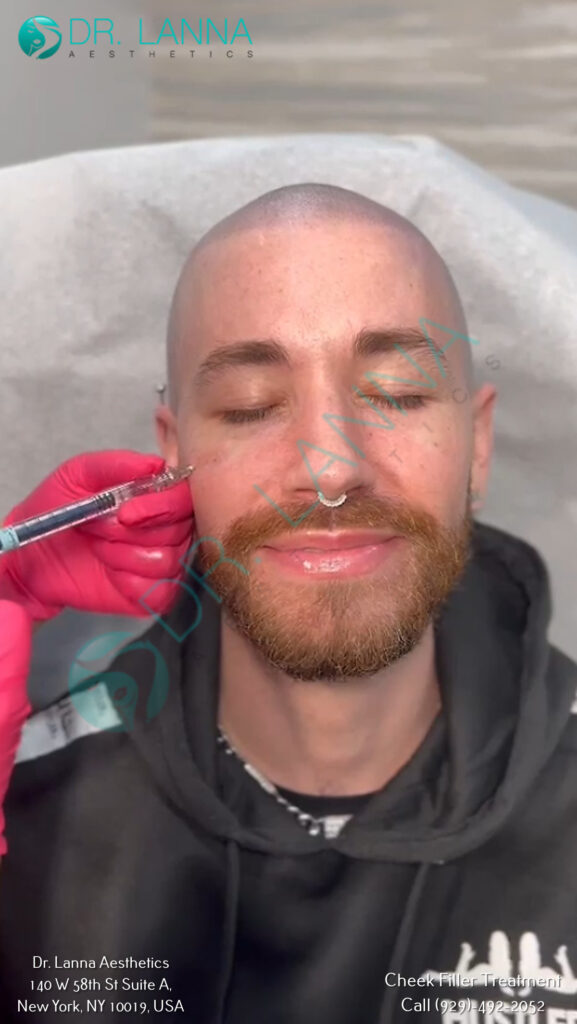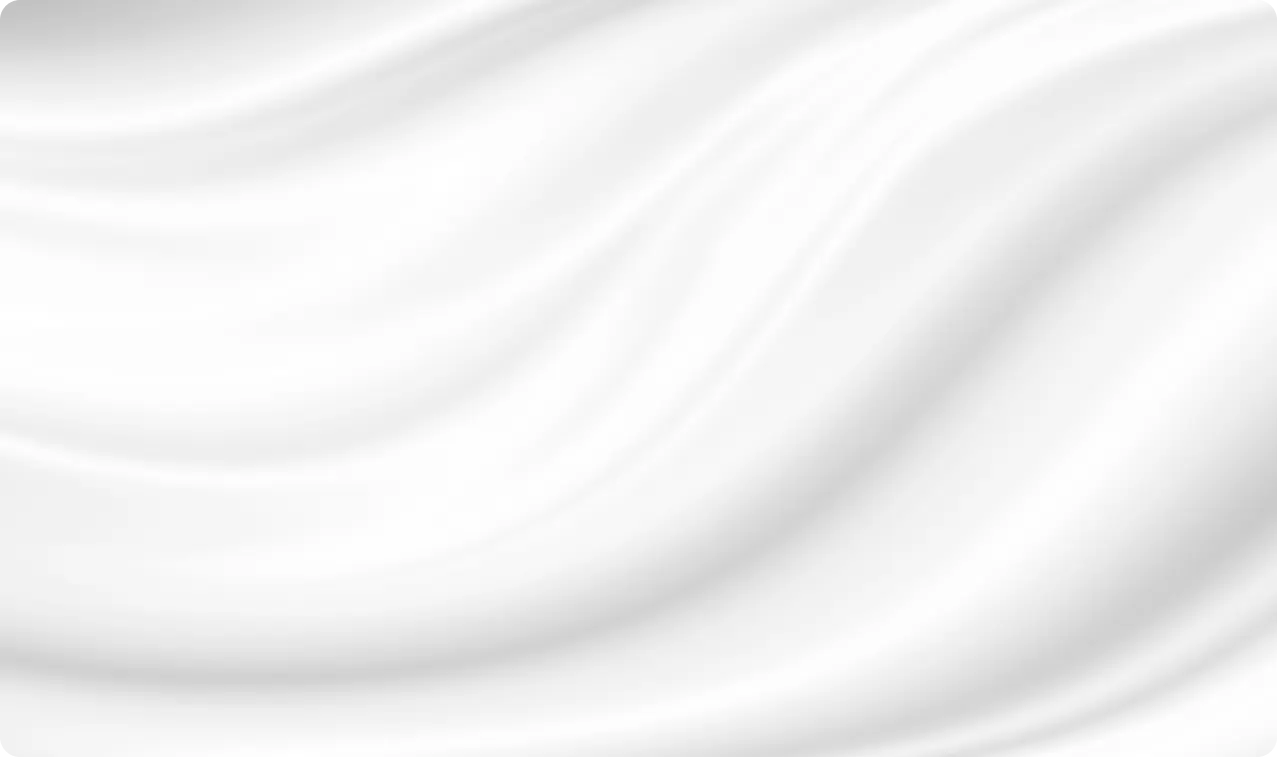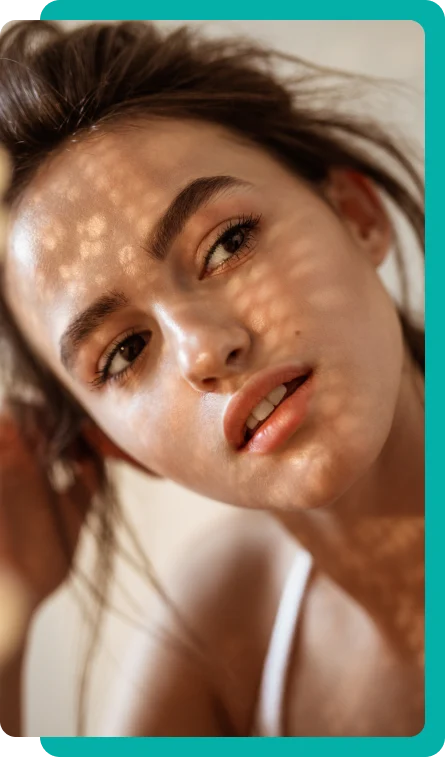If swollen cheeks on the 5th day after a dermal filler makes you worry, take the time to read this.
Have you recently had dermal filler injections like Juvederm or Restylane and noticed your cheeks are still swollen and full looking 5 days later? The good news is mild cheek swelling lasting around 5 days is completely normal after filler injections.
At Dr. Lanna Aesthetics, we take great care to inform our patients about any concerns related to dermal fillers. This article answers essential questions about cheek swelling duration, recovery, and results from your facial rejuvenation treatment.

Swelling 5 days after dermal filler injections is caused by the body's inflammatory response to the injections, which peaks at 2-4 days. It's common but should improve gradually. Excessive or worsening swelling by day 5 needs evaluation.
When dermal filler is injected under the skin, it immediately adds volume to restore lost fullness or enhance facial contours. However, your body also responds to these injections with an inflammatory reaction that stimulates increased blood flow and fluid to rush to the area as part of the healing process.
This causes temporary swelling of the soft tissues that peaks at around 2 to 4 days after injections. Mild to moderate swelling and bruising are very common after filler injections in the cheeks.
The good news is that swelling resolves fairly quickly for most patients within 1 to 2 weeks. However, according to our experience at Dr. Lanna Aesthetics, swelling can persist for up to 5 days or slightly longer in some cases.
While having some cheek swelling still present at 5 days post-injection is common, if it is not showing signs of gradual improvement by that point or seems excessive, that would be considered abnormal and should be evaluated.
Still worried? Let our experienced staff of beauty professionals advise your filler swelling. Contact us now!
Based on our expert opinion, the typical duration of swelling after dermal filler injections in the cheek area is:
According to our experience, it’s rare to have severe or excessive swelling lasting longer than 2 weeks after dermal fillers. If swelling seems to get worse or persists longer than this duration, contact your provider for evaluation.
Based on our expert opinion, you should call your dermatologist or plastic surgeon if you experience any of the following:
Severe or worsening cheek swelling after dermal fillers warrant prompt medical evaluation to check for potential complications like occlusion, ischemia, impending necrosis, or infection. Your provider can advise if dissolving filler is needed.
To help minimize swelling, bruising, and discomfort during your recovery from dermal filler treatments, Dr. Lanna Aesthetics recommends:
By following these tips diligently after your cheek filler injections, you can minimize the duration and extent of swelling for optimal results. Always call your provider if you have any concerns during your recovery.

The main risks of dermal fillers causing prolonged facial swelling are vascular compromise, infection, and allergic reactions, but these complications are very rare based on our experience.
| Complication | Symptoms |
| Vascular Compromise | Very rarely, filler injection into a blood vessel can block oxygen supply, causing tissue damage, ischemia and necrosis. This requires prompt treatment. |
| Infection | Unsterile injection procedures or contaminated filler can introduce bacteria, leading to swelling, redness, pain, pus and flu-like symptoms. |
| Allergic Reaction | Allergies to lidocaine or hyaluronic acid can sometimes trigger exaggerated swelling, along with redness, itching, rash and other symptoms. |
Your provider can advise whether dissolving filler is indicated in these cases to reduce complications.
Get the coveted 'Dr. Lanna glow' using her special methods to avoid prolonged cheek puffiness. Start booking now!

New Patients Enjoy $100 OFF on Tox or Filler Appointments!
*minimum 1 full syringe or minimum 25 units; Cannot be combined
